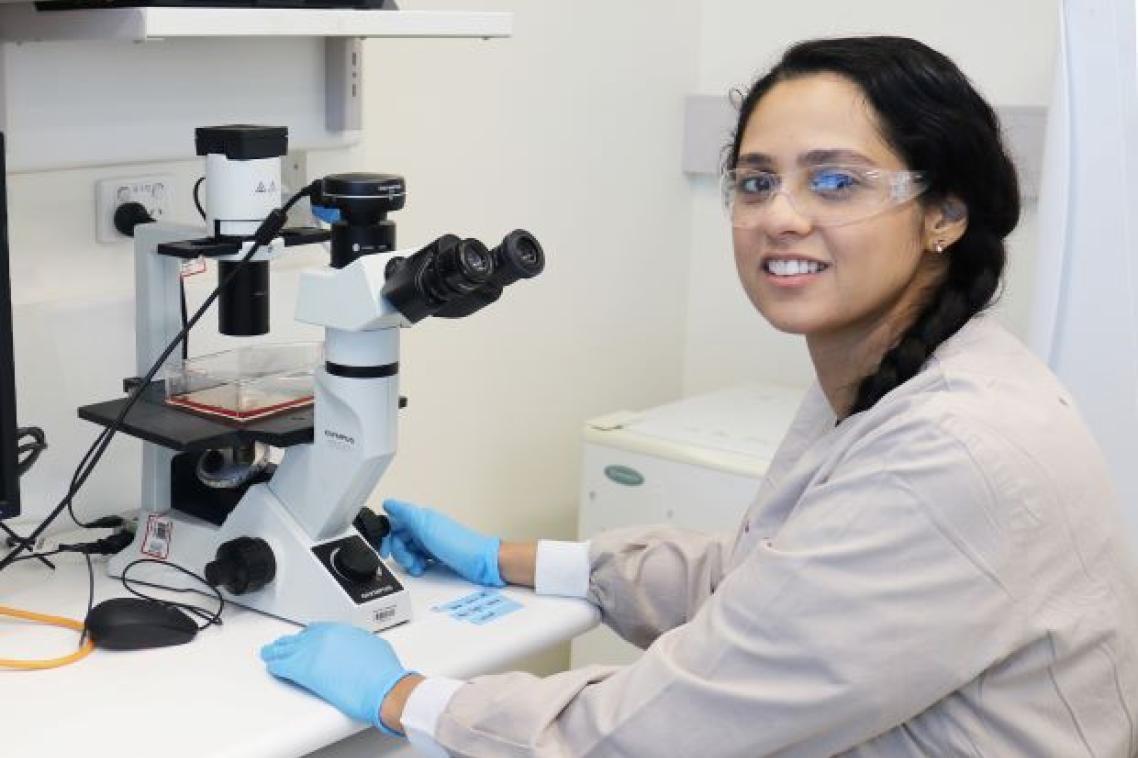Nanoparticles deliver brain cancer treatment

University of Queensland researchers have developed a nanoparticle to take a chemotherapy drug into fast growing, aggressive brain tumours.
Research team lead Dr Taskeen Janjua from UQ’s School of Pharmacy said the new silica nanoparticle can be loaded with temozolomide, a small molecule drug used to treat tumours known as glioblastoma.
“This chemotherapy drug has limitations – it doesn’t stay in the blood for very long, it can be pushed out of the brain, and it doesn’t have high penetration from blood into the brain,” Dr Janjua said.
“To make the drug more effective, we developed an ultra-small, large pore nanoparticle to help it move through the blood-brain barrier and penetrate the tumour while also reducing unwanted patient side effects.
“This strategy could be a more effective way to treat brain cancer and prevent it from coming back.”
Nanoparticles are one billionth of a meter in size.
The nanoparticle delivery was trialled using 3D spheroids, multi-cellular structures created to mimic the brain tumour cell responses and interactions.
The study results showed that in mice, the nanoparticles successfully accumulated in the brain within a few hours without any negative effects on vital organs.
Brain cancer affects thousands of people every year and the chances of surviving at least five years is less than 23 per cent.
Cancer Australia data showed it was the ninth most common cause of cancer death in Australia in 2020.
Study co-author Associate Professor Amirali Popat said while there is still more research to be done, the results are promising for people with brain cancer.
“This innovative drug delivery system has the potential to improve the effectiveness of brain cancer treatment and could lead to new and better treatments for this devastating disease,” Dr Popat said.
“This preclinical research will accelerate future clinical development of a promising health technology and further the goal of improving outcomes for patients with brain cancer.”
UQ School of Pharmacy researchers collaborated with colleagues from UQ’s Australian Institute for Bioengineering and Nanotechnology and The University of New South Wales to deliver the research.
It is published in the Journal of Controlled Release.
Media: UQ Communications, Bridget Druery, b.druery@uq.edu.au, +61 435 221 246, @UQ Health.
Related articles

Looping long-necked dinosaur site reveals its secrets

UQ ranked second nationally in AFR Best Universities Ranking
Media contact
UQ Communications
communications@uq.edu.au
+61 429 056 139
